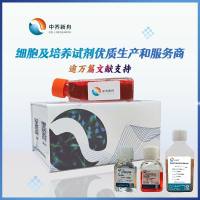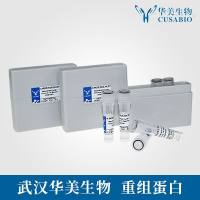【专题讨论】Touchdown PCR for increased specificity and sensitivity in PCR amplification@_@你会用这个技术吗?
丁香园论坛
916
Nature Protocols 3, - 1452 - 1456 (2008)
Touchdown PCR for increased specificity and sensitivity in PCR amplification
Darren J Korbie & John S Mattick
Touchdown (TD) PCR offers a simple and rapid means to optimize PCRs, increasing specificity, sensitivity and yield, without the need for lengthy optimizations and/or the redesigning of primers. TD-PCR employs an initial annealing temperature above the projected melting temperature (Tm) of the primers being used, then progressively transitions to a lower, more permissive annealing temperature over the course of successive cycles. Any difference in Tm between correct and incorrect annealing will produce an exponential advantage of twofold per cycle. TD-PCR has found wide applicability in standard PCR protocols, including reverse transcriptase-dependent PCR, as well as in the generation of cDNA libraries and single nucleotide polymorphism screening. TD-PCR is particularly useful for templates that are difficult to amplify but can also be standardly used to enhance specificity and product formation. The procedure takes between 90 and 120 min, depending on the template length.
Australian Research Council Special Research Centre for Functional and Applied Genomics, Institute for Molecular Bioscience, University of Queensland, St Lucia, Queensland 4072, Australia.
Correspondence to: John S Mattick1 e-mail: j.mattick@imb.uq.edu.au
Touchdown PCR for increased specificity and sensitivity in PCR amplification
Darren J Korbie & John S Mattick
Touchdown (TD) PCR offers a simple and rapid means to optimize PCRs, increasing specificity, sensitivity and yield, without the need for lengthy optimizations and/or the redesigning of primers. TD-PCR employs an initial annealing temperature above the projected melting temperature (Tm) of the primers being used, then progressively transitions to a lower, more permissive annealing temperature over the course of successive cycles. Any difference in Tm between correct and incorrect annealing will produce an exponential advantage of twofold per cycle. TD-PCR has found wide applicability in standard PCR protocols, including reverse transcriptase-dependent PCR, as well as in the generation of cDNA libraries and single nucleotide polymorphism screening. TD-PCR is particularly useful for templates that are difficult to amplify but can also be standardly used to enhance specificity and product formation. The procedure takes between 90 and 120 min, depending on the template length.
Australian Research Council Special Research Centre for Functional and Applied Genomics, Institute for Molecular Bioscience, University of Queensland, St Lucia, Queensland 4072, Australia.
Correspondence to: John S Mattick1 e-mail: j.mattick@imb.uq.edu.au









